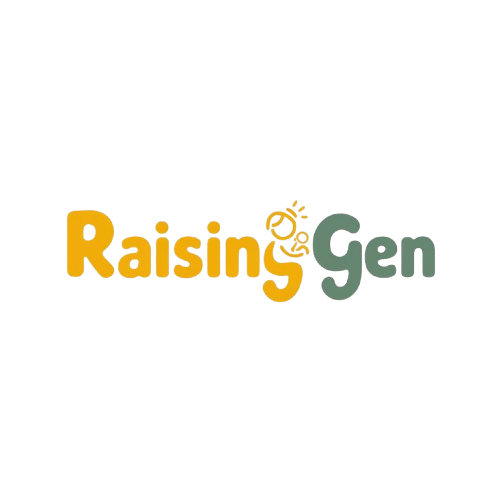Communication is an essential part of everyday life, shaping how we connect with the world and one another. When it comes to children, communication skills play a critical role in their growth and development. Effective communication with children not only helps them understand and process the world around them but also contributes significantly to their emotional, social, and cognitive development. This blog explores the importance of effective communication, and how it directly impacts child development. start learn effective communication skills with us and Develop strong communication abilities.
Learn how to build Understanding Communication Skills in Children and Develop strong communication abilities in you
Communication skills are a set of abilities that help children express themselves and understand others. These skills are developed over time, starting from non-verbal cues, like gestures and facial expressions, to more complex verbal interactions as children grow. In the early stages of child development, communication tends to be non-verbal—infants cry to express needs, toddlers point to show interest, and preschoolers begin using simple words and sentences.
As children grow, their ability to communicate effectively becomes increasingly important for their overall development. Effective communication doesn’t just involve speaking; it’s also about listening, understanding emotions, and conveying ideas clearly.
Why Effective Communication Matters in Child Development? And how can learn mastering communication strategies

- Cognitive Growth: When children are encouraged to express themselves, they practice essential cognitive skills like problem-solving and critical thinking. Open conversations help children expand their vocabulary, refine their language skills, and improve their ability to articulate thoughts and ideas. .
- Emotional Regulation: Children often face difficulties in managing emotions, especially when they lack the words to express how they feel. By teaching children to communicate their emotions effectively, parents and caregivers empower them to express feelings in a healthy way. This leads to better emotional regulation and reduces the likelihood of frustration or outbursts.
- Building Relationships: Communication is at the heart of every relationship, and this is particularly true for children. Developing communication skills enables children to connect with peers, parents, and teachers in meaningful ways. It also fosters empathy, helping children understand and relate to others’ emotions.
- Social Skills: Effective communication is vital for developing social skills. Children who can express themselves clearly and listen actively are more likely to build strong friendships and interact positively with others. They learn the importance of turn-taking in conversation and understanding different perspectives. Start communication skills with your kids and build strong connection with them.
Tips for Enhancing Communication Skills with Children
- Be an Active Listener: Children need to feel heard. One of the most powerful ways to communicate with a child is by actively listening. Give them your full attention, make eye contact, and show that you are interested in what they are saying. This reinforces their self-worth and encourages open communication.
- Use Simple, Clear Language: Tailor your language to the child’s age and comprehension level. Avoid overly complex sentences or abstract concepts. Simple, straightforward communication helps children better understand the message you’re trying to convey.
- Encourage Expression: Allow children to express themselves freely without interruption. Create a safe and supportive environment where they feel comfortable sharing their thoughts, feelings, and ideas.
- Model Good Communication: Children learn by example, so it’s essential to model effective communication in your interactions. Use kind, respectful words, and show how to manage disagreements calmly. They will mimic these behaviors and apply them to their own relationships.
- Use Non-Verbal Communication: Children are highly attuned to body language, facial expressions, and tone of voice. Ensure your non-verbal cues align with your verbal communication, as this can greatly enhance the clarity and emotional impact of your message.
- Ask Open-Ended Questions: Open-ended questions prompt children to think and elaborate on their responses. This encourages deeper conversations and helps develop their language and reasoning skills that will help you build effective communication. By follow these tips you can build effective communication skills
The Role of Caregivers and Educators
Effective communication with children goes beyond parents—it involves teachers, caregivers, and anyone involved in a child’s life. Educators, in particular, play a vital role in fostering communication skills. Classrooms are social environments where children can practice their language skills, engage in discussions, and collaborate with others. Teachers can support child development by offering opportunities for children to communicate with peers, share ideas, and participate in group activities.

Effective communication with children is fundamental to healthy child development. It supports their cognitive, emotional, and social growth, helping them navigate the complexities of the world around them. By developing strong communication skills, children not only improve their ability to express themselves but also learn to connect with others in meaningful ways. For parents, caregivers, and educators, nurturing these skills from an early age sets the foundation for a child’s lifelong ability to communicate confidently and effectively.
By prioritizing communication in your relationship with children, you are directly contributing to their overall well-being and future success.

